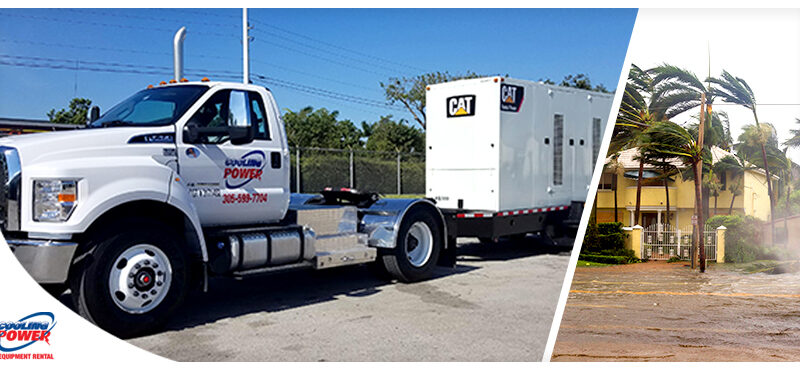Hurricane season can raise serious concerns for residents living along coastal regions in Florida. However, contrary to popular belief, they are not just a coastal phenomenon. They can dish out a lot of damage hundreds of miles from the shore, so it’s wise to be prepared for them if you live close to areas on high alert. This is a guide on how you can help prepare your family and neighbors to face the hurricane season this year.
Gather Emergency Supplies
First things first, take an inventory of your personal property. This will help you gather emergency supplies like food and medicine quicker but it will also aid the claims process if needed. Take pictures or videos wherever possible to keep a log of all the essentials and expensive items in your home.
Your city or town might experience a rise in demand for essentials at grocery stores, so you might want to come up with a list of high priority items like prescription drugs, dry foods, tools for home repair, water, a portable weather radio, and such. Keep your emergency supplies in a portable storage which can be easily carried around in case you have to evacuate your position.
Keep A Getaway Vehicle Ready
If there is a chance you may need to evacuate or relocate your family to safety, keep your car ready in all regards. Make sure there is gas in the tank, a tire repair kit, emergency first-aid kit, and extra blankets in the trunk. Park your cars or trucks inside the garage so they don’t endure any damage from falling trees or blowing debris. If you don’t own a car, team up with your neighbors or friends, or as a last resort, call the authorities to let them know you might need help evacuating.
Review Your Insurance Coverage
Revisit your hurricane insurance coverage policies to stay on top of the claims process and any other necessary steps required to repair or rebuild your home. Each insurance provider has a different subset of expenses which can be covered such as the cost of repairs, but above all, normal living expenses if you have to relocate.
A typical homeowners’ insurance policy may leave out coverage for flood damage, so be mindful of that. If you are living close to the shoreline, you may want to look into additional protection against wind-blown water damage. Get in touch with your insurance provider to tally all the details as soon as an alert is issued in your area.
Protect Your Home
If you are not planning on evacuating, then be sure to protect your home to the best of your ability. While making your home resilient to storm or water damage, there are certain key facts of which you should be aware. Start with external protection by replacing any rock or gravel landscaping with shredded bark. Trim or cut branches looming over your house from nearby trees so they don’t fall on your house.
Most importantly, seal all windows with storm shutters to prevent them from cracking or breaking. Add extra hinges to your doors, especially the main entrances to your house. Replace any old garage doors or sliding glass doors with doors approved for wind or water damage. Last but not the least, seal any opening such as garden hose bibs, electric or gas outlets, vents, chimneys, and any other locations which can let water or wind through.
Final Take
Always listen to what authorities have to share about the status of the storm, including hourly updates on wind speed and location of the storm. Dealing with hurricane season can be heavily taxing but if you put your hands together to help your family and the community, a lot can be achieved in a short span of time. If you need advice on how to secure your house from hurricane damage or need assistance during a power outage after the storm, Cooling Power Corp is ready to help each step of the way with generators, spot coolers, portable A/C, and more.

